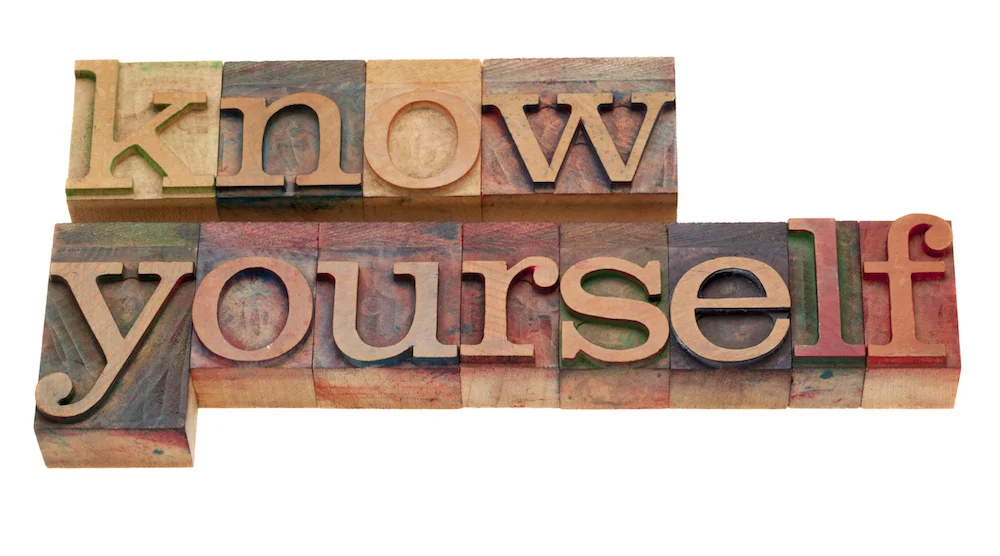Bringing up difficult topics often makes others defensive, especially when we’re asking them to acknowledge negative behavior or change in some way.
Read MoreIt seems reasonable. It's quick and easy. "Let's make a deal," you think, "we'll do a little give and take. We'll COMPROMISE!" And, in fact, it can be a wonderful way to get things resolved quickly when there's a time crunch and the outcome is only moderately important. On the other hand, if compromise is always the way you are resolving conflicts at work or at home you might start to feel some resentment.
Read MoreI hate that question...a long marriage could mean years of misery. I appreciate that relationships take work and that means a commitment by both partners to stick it out when the going gets tough. But I don’t want an award for years of service--I want a relationship that is satisfying, fulfilling, contented, connected.
Read MoreMany of us find it hard to let go of conflict situations. We go over and over in our minds how we felt, what we said, what the other person said, what we didn’t say and wish we had, what the other person didn’t do... and on and on and on. Rumination is tied to a sense of loss.
Read MoreDestructive conflict often sends people spiraling downward in a negative cycle of me versus you. This creation of “other” is the basis of conflict escalation which allows one person or group to dehumanize the other which makes it “okay” to perpetrate everything from indignities to violence. Why does this happen?
Read MoreAs an excellent conflict responder (mediator, human resource professional, mental health counselor, attorney, etc.), you are always operating on two levels of awareness. You are aware of what is happening in your environment and you are aware of what is happening inside yourself.
Read MoreAs a trainer, particularly of family and divorce mediators, I often receive calls from people who want to become a mediator. What does it take to become a mediator, they ask? That depends... While I would like to give folks a straightforward answer, there is no one path to becoming a mediator.
Read MoreI've heard it more than once from fellow mediators, “I feel bad asking for money.”Some of my colleagues even want to give away their services for free. There is nothing wrong with considering the financial circumstances of a client, or even offering pro bono services to those in need, what I believe is wrong is feeling guilty for asking for payment for a valuable service.
Read MoreWhen I think of the greatest gift a mediator offers to her clients, my mind goes immediately to the incredible opportunity for honest conversation. Creating a space which is safe enough for individuals to open up, to say how they feel, to share from their hearts, is a rare event in our culture.
Read More






